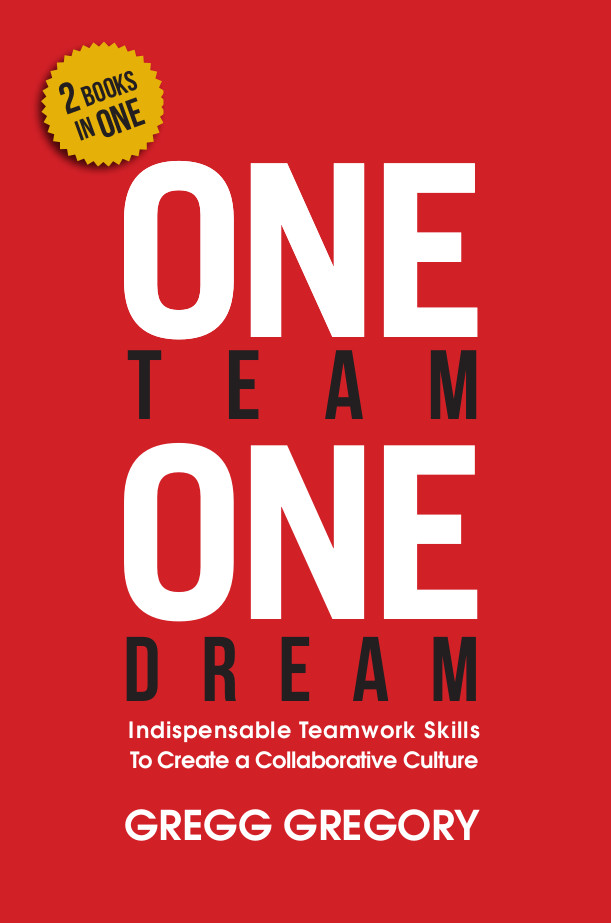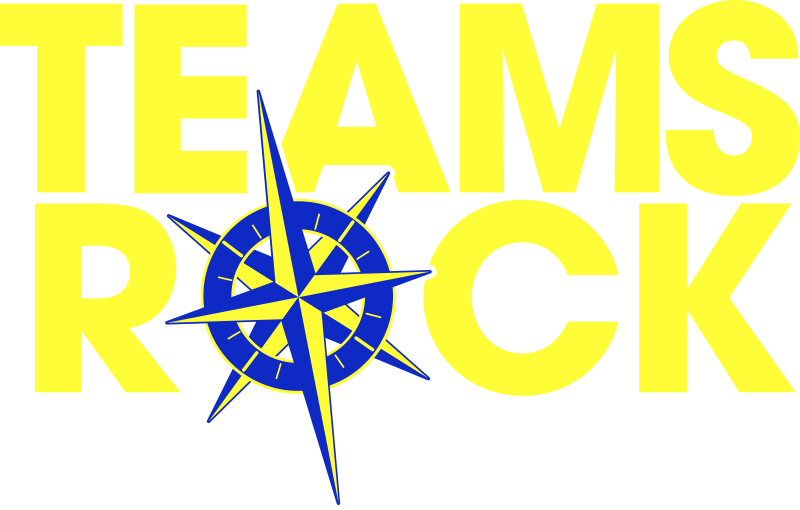A vital part of every employee development plan is promoting reflective self-exploration. To begin to understand how you operate, let’s explore the three zones of life that every one of us has in common.
Comfort Zone
The comfort zone is where we get our daily activities done; the way we get dressed, drive to work, how we like our coffee or martini (shaken not stirred, thank you); the things we do day in and day out. In short, these are the things with which we are most comfortable.
We all know someone who might plan their day in advance and then arrive at the office or job site, so inflexible that even the slightest little hiccup causes them to panic and lose focus. That person lives in their comfort zone.
Growth Zone
 Our growth zone is where we stretch a bit. Let’s try an exercise I frequently use in my workshops.
Our growth zone is where we stretch a bit. Let’s try an exercise I frequently use in my workshops.
1. Draw a box in the middle of a blank sheet of paper.
2. Sign your name in the box.
That is your comfort zone. It is easy to do.
3. Now sign your name again, using your other (non-dominant) hand next to the box.
4. How do you feel about that? I can almost hear you moaning and groaning.
In my Teams Rock seminar I ask, “How hard was that?” People often respond, “It was very hard.”
While it is hard, at least you tried. This simple exercise moves you into the growth zone. Are you willing to become creative and try new things while being a part of the group? Are you willing to grow with others?
Do you know someone who has even moderate turmoil in their day and yet is able to maintain their composure? That’s someone who understands and lives a great deal of his or her life in the growth zone.
Panic Zone
I was delivering a workshop in Southfield Michigan and had the group do the exercise above. One of the women in the audience took her pen, threw it down, sat back in her chair, crossed her arms, and defiantly said, “That’s stupid. I’m not doing it.”
Where did I send her? I sent her to the third zone, the panic zone.
Her defiance told me a lot about her and her behavior style. What does her response tell you? Does she like to delegate? When she does delegate, how do you think she does it? Do you think she micro-manages? Do you think she likes being micro-managed? Do you think she likes to work with others? I asked myself these questions and concluded that she probably produces a high quality of work. Do you know people like this in your group? How about you?
Some people live in their comfort zone. For them it’s such a tiny little zone that they have an equally small growth zone. Consequently, they have a massive panic zone.
One time, I presented a program in Atlanta and someone said they could not do it. There is a difference between being unable (cannot) and unwilling (will not) to do something. There was a woman that said she could not do it, and it was because she did not have a second arm. She literally could not do the task as instructed, so I told her to write her name backwards.
This is different from the woman that said she would not do it. One is defiance, the other is a limitation. Sometimes we say “cannot” when we are really saying we will not. We limit ourselves, but that is only a self imposed illusion. What do you do to limit yourself?
Why do we limit ourselves by saying we cannot do something? Many times it is fear of failure. Fear of embarrassment. Fear of trying. We are all afraid of something in our lives, but what are we doing to remove that limitation?
Effective team members do not want to live in the panic zone.
Which zone do you typically operate within?
The key to adapting to other zones is awareness. Make a concerted effort to exist in your growth zone, so that when stress and emotions are high, you’re creative and your cool head will prevail.
Understand this, you must live your life in your growth zone and teach others to do the same. Even as a team member you can help others around you grow, and the best way to teach is by example.
 Excerpted from One Team, One Dream by Gregg Gregory
Excerpted from One Team, One Dream by Gregg Gregory
For more information, get your copy of Gregg’s book, One Team, One Dream today! Available in both print and electronic versions!
Bring Gregg to you!
Featured seminar – Synchronize Your Team


Leave A Comment